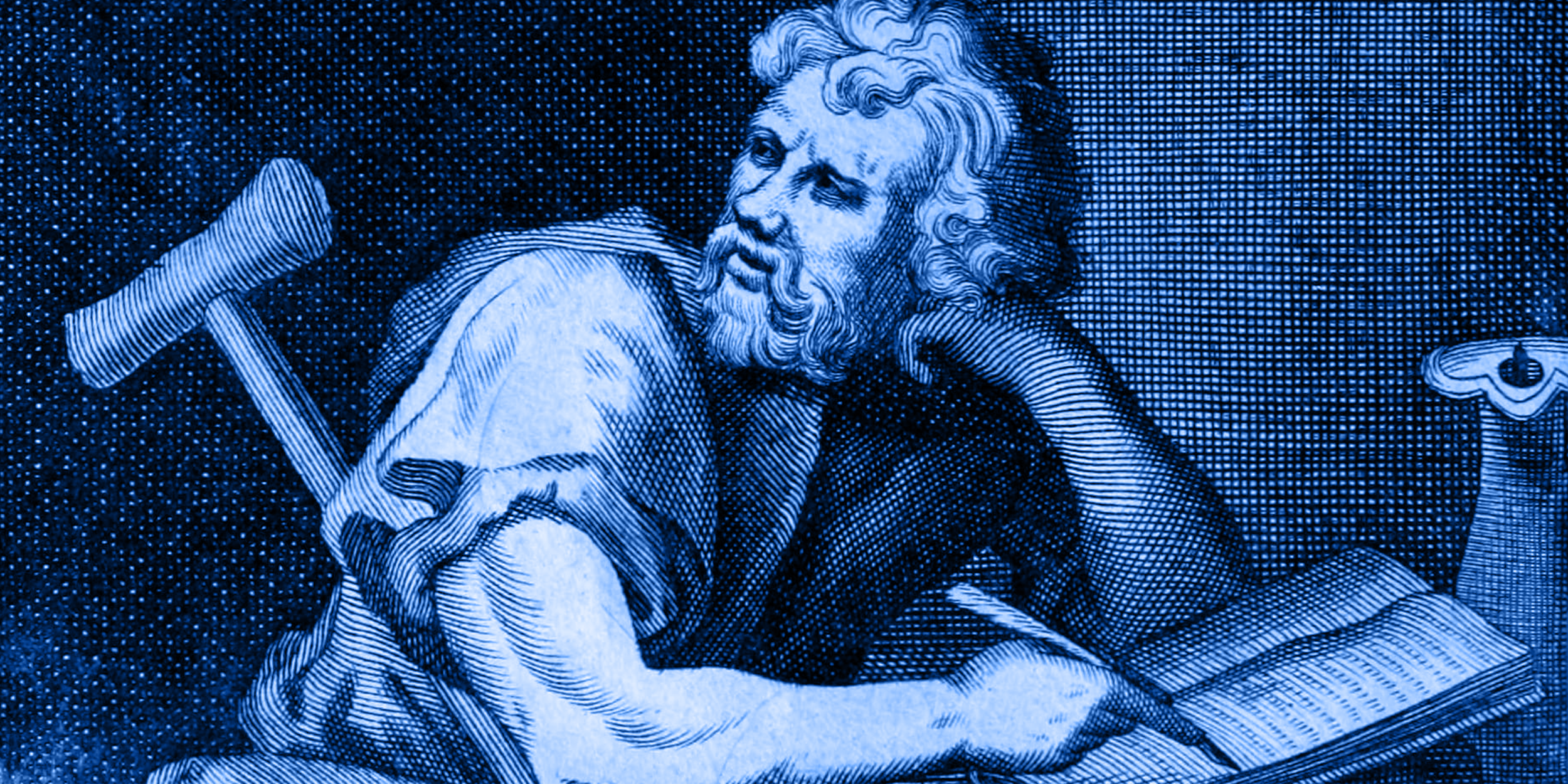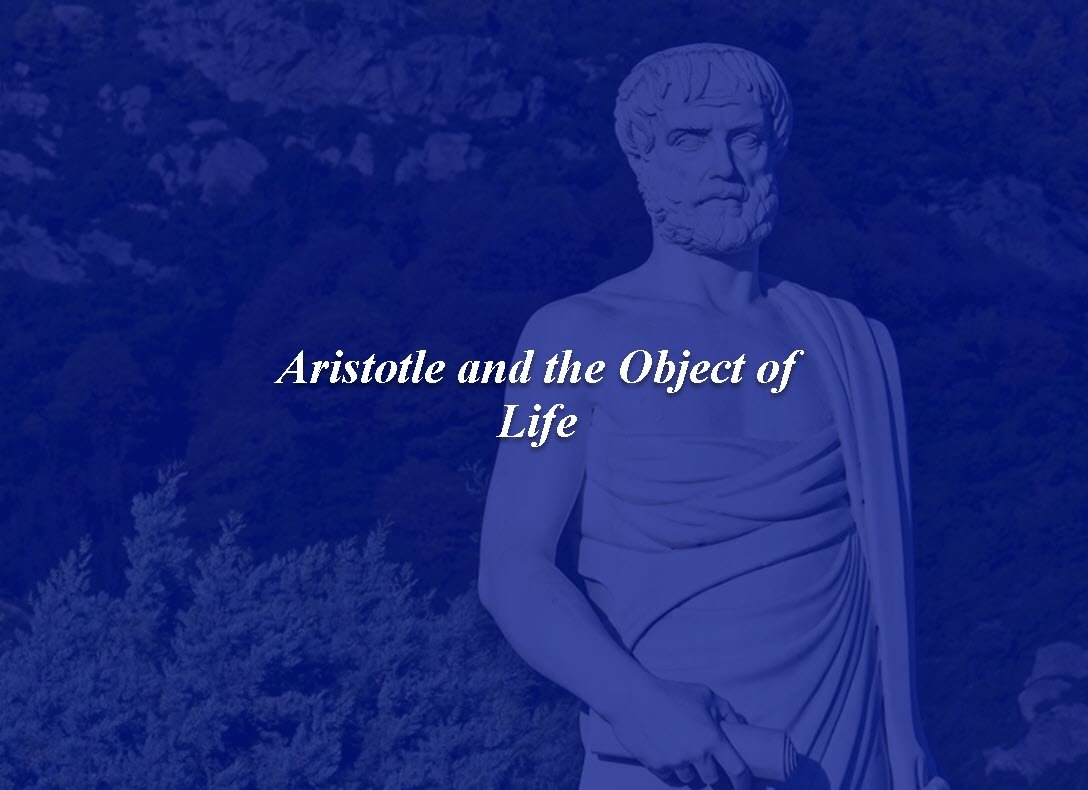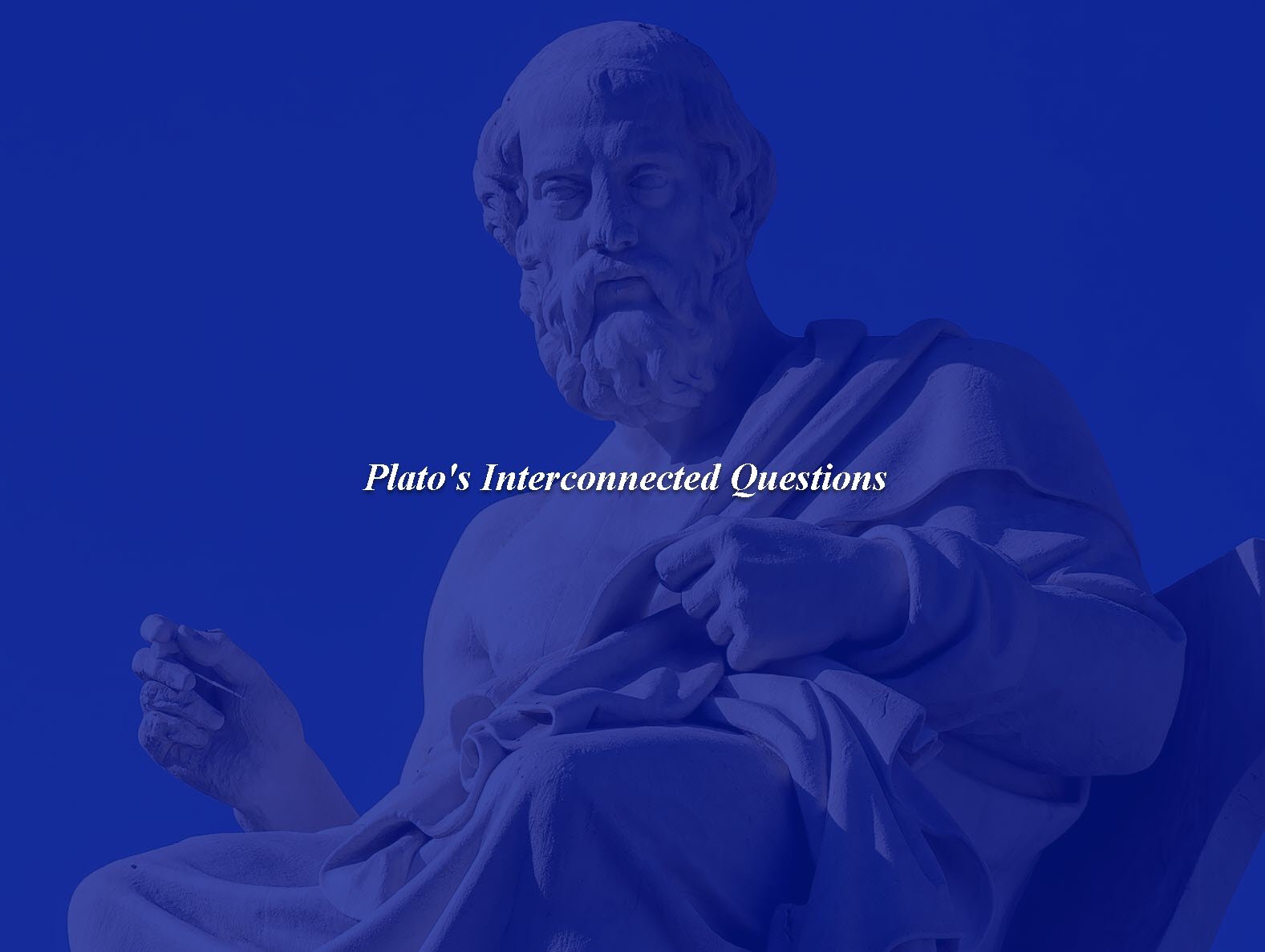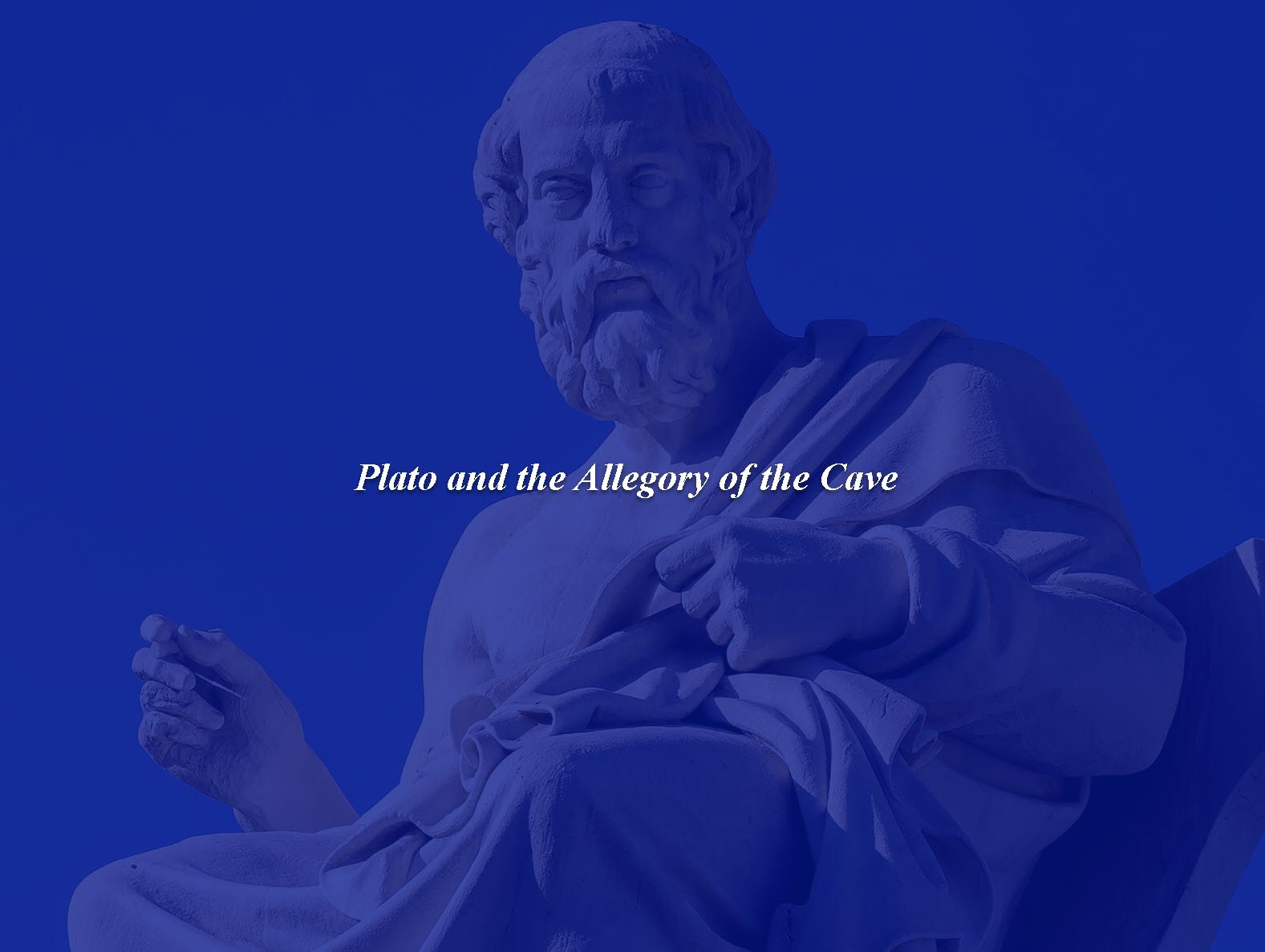
Epictetus & Freedom
In the Stoic philosophical perspective, the only good is virtue. In the Stoic perspective, virtue is the only prerequisite to happiness, and everything else is basically indifferent. If we take a look at Epictetus' writings, he uses the term "externals" as a substitute for "indifferents." Externals is the term utilized by other Stoics regarding matters which rest outside a person’s sphere of control. He notes that there are externals—things that rest outside our control—and things that are within our control. Epictetus argues that freedom is an inherent quality within the individual. That is, any person can be free irrespective of the situation they are in because they have acquired an understanding of what is within their control and what is outside the bounds of their control.

Aristotle and the Object of Life
In Nicomachean Ethics, Aristotle initiates his discussion by asserting that every activity or rational action aims at some end, or some good. Specifically, Aristotle notes that every art and every investigation, and similarly, every action and pursuit, is considered to aim at some good. He defines "the good" as "that which all things aim." In Aristotle’s words, "the good is that which all things aim." This suggests that every inquiry, pursuit, and action has a purpose and ultimate goal.

Plato's Interconnected Questions
I wanted to delve into the "trinity" of Socrates, Plato, and Aristotle, particularly focusing on Plato's philosophical system and method of questioning.

Plato and the Allegory of the Cave
In Book VII of The Republic, Plato presents the Allegory of the Cave, suggesting that we are all prisoners in a cave where we can only see shadows cast on the wall before us. These shadows are produced by captors and a fire positioned behind us. In the cave, we are unable to turn our heads, so all we see are these shadows, which represent mere illusions.